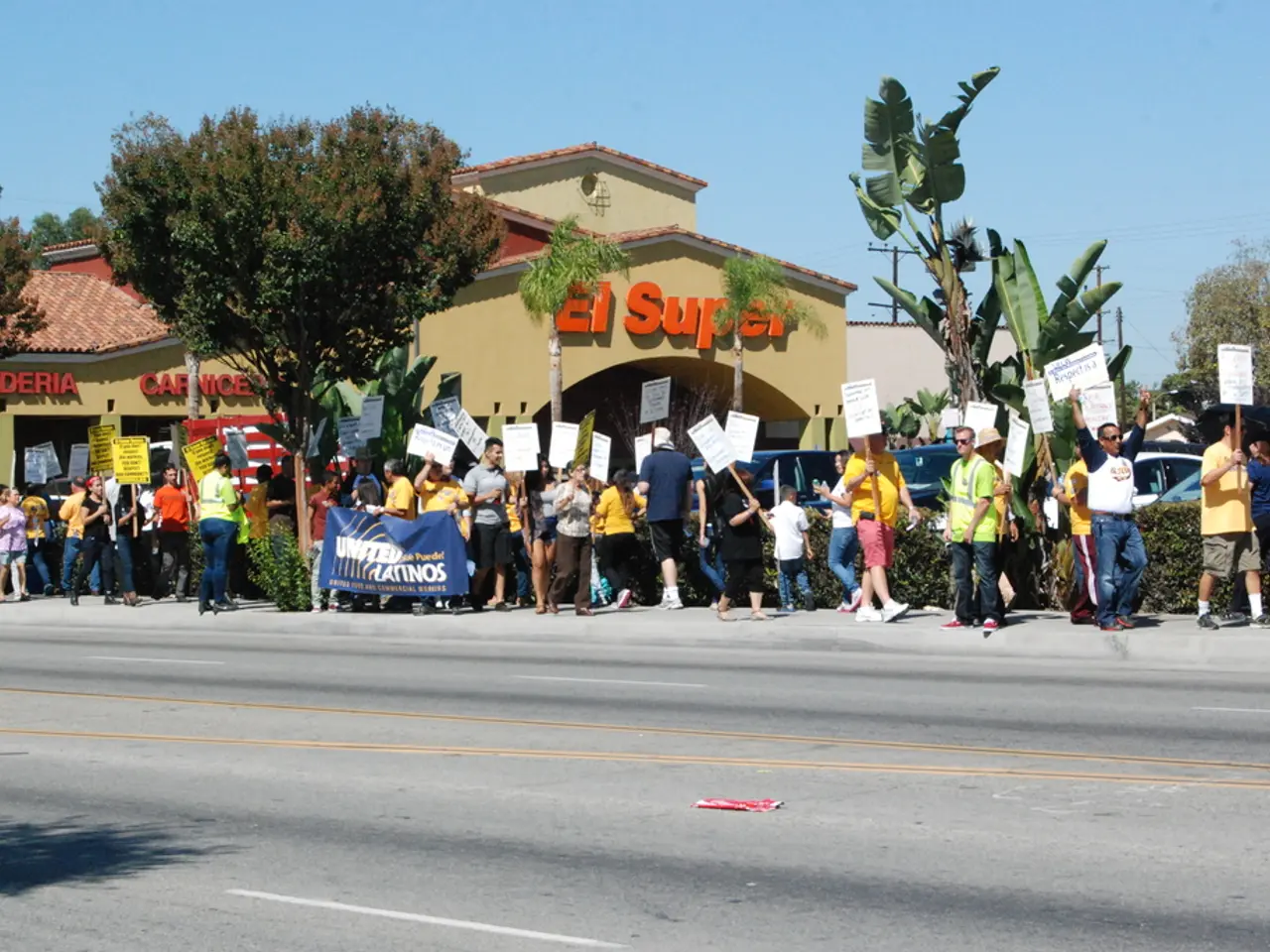Expanding Settlement Assistance for French-Speaking Newcomers in Canada
The Welcoming Francophone Communities (WFCs) initiative, a key component of Canada's Policy on Francophone Immigration, is set to expand to 24 communities across the country. This initiative, which aims to aid the reception and settlement of French-speaking newcomers, began as a pilot program and will be operationalized over 2025-2026.
The WFCs are jointly managed by Immigration, Refugees, and Citizenship Canada (IRCC) and francophone and Acadian communities. Local francophone organizations, municipalities, employers, and settlement agencies have formed community advisory boards to design and deliver tailored action plans. These plans typically include French-language settlement services, cultural orientation and networking events, support for employment integration, public awareness campaigns to promote inclusivity, and capacity-building for local service providers.
The initiative's expansion is part of Prime Minister Mark Carney's proposal to raise the proportion of francophone immigrants to 12% of Canada's total intake by 2029, which would equate to 47,400 new francophone immigrants each year at current immigration levels. Between 2020 and 2024, the WFCs initiative ran as a pilot program funded by IRCC, supporting 14 designated minority francophone communities across Canada.
The new version of the WFCs initiative includes participation from various rural Francophone minority communities across Canada that support French-speaking immigrants. Notable additions include Calgary (Alberta), Nanaimo (British Columbia), Prince George (British Columbia), Ritchot, Salaberry, Montcalm, and St-Pierre-Jolys (Manitoba), the Seine River region (Manitoba), Belle-Baie (including Bathurst and the Pabineau First Nation) and Caraquet (including Rivière du Nord and Hautes-Terres) (New Brunswick), Haut Saint-Jean region, Restigouche West Region (Saint-Quentin and Kedgwick) (New Brunswick), Labrador City-Wabush (Newfoundland and Labrador), Chéticamp (including St. Joseph du Moine) and Clare (Nova Scotia), Cochrane District (Route 11 Corridor) and Cornwall, Hamilton, Hawkesbury, London, and Sudbury (Ontario), Évangéline region (Prince Edward Island), Moose Jaw and Gravelbourg (Saskatchewan), Prince Albert (Saskatchewan), Yellowknife (Northwest Territories), Whitehorse (Yukon), and Iqaluit (Nunavut).
The Réseaux en immigration francophone, the Fédération des communautés francophones et acadienne du Canada, and the Association francophone des municipalités du Nouveau-Brunswick are involved in the management of the WFCs. More information on eligibility for the WFCs will be announced closer to the operational date of the initiative. It is possible that francophone workers and students within the 24 select communities may also benefit from these settlement services.
The WFCs program primarily caters to new immigrants (permanent residents) in Canada. The pilot tested a "by and for francophones" model to strengthen local capacity and demonstrate what makes a community truly welcoming for French-speaking newcomers. Results and best practices from the pilot informed federal policy, leading to the renewal and expansion of the program in 2024. The WFCs initiative will provide settlement support services, aiming to make Canada a more inclusive and welcoming place for French-speaking newcomers.
Read also:
- Postpartum Period and Gestational Diabetes: Does it Persist?
- Controlled spree of Legionnaires' disease among Harlem residents ceased, city health authorities confirm; however, locals push for increased openness and information disclosure
- Transform City for the Better
- Prostate Cancer Examination Guidelines, Outcomes, and Financial Aspects




